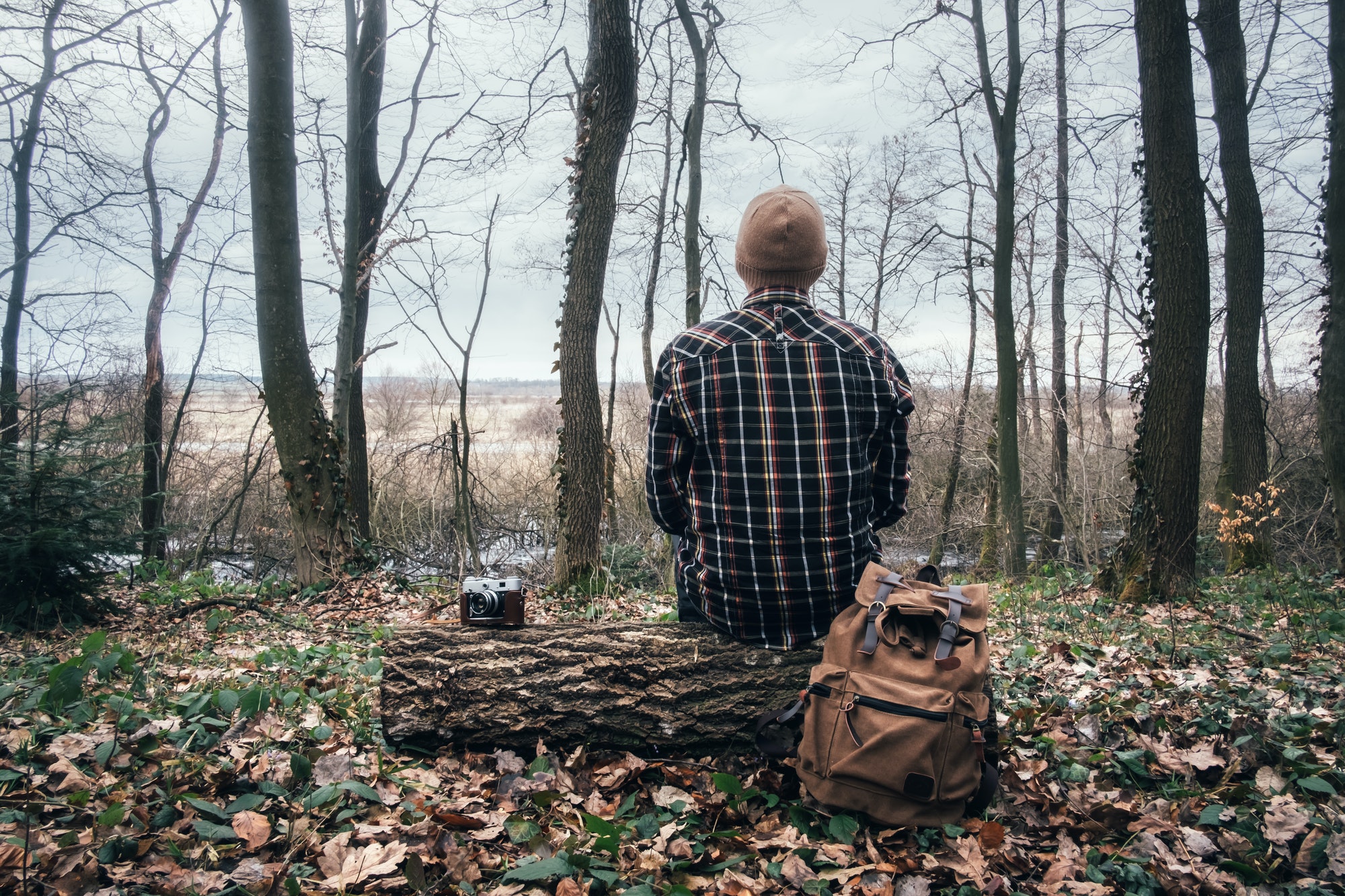The scenario: your situation is not ideal, and you wish to return to a safe location. If something happens to you, do you know how to defend yourself?
The following are some essential outdoor survival guidelines that everyone should be aware of:
Develop a positive outlook
When faced with a life-or-death scenario, it’s important to remain calm. When faced with a challenging scenario, your chances of surviving increase if you retain a proactive and upbeat outlook.
- Create a strategy.
- Make a list of all of your available resources.
- Recognize the life-or-death activities that must be completed.
- Remember that grit and determination are typically the distinguishing factors between a survivor and a non-survivor.
- Keep your emotions focused on the activities that ought to be completed, even if you feel hopeless.
Make a thermally insulated space
You can protect yourself from hypothermia and the weather by building an efficient shelter.
- Because you’ll be relying on your body heat for warmth, make your shelter no larger than the size of your body when you’re lying down.
- To build a lean-to, find a downed tree or attach an overhanging limb to the trunk of a nearby tree.
- On one side, place a group of sticks close together. To fill in any gaps, use smaller and smaller sticks. Then layer on dense brush and leaves.
- The thicker the bark, branches, pine needles, moss, etc., the better your defenses against the elements. The more ground insulation you can get, the better.
Make a shelter from the sun
Protecting yourself from the sun’s rays might be critical in some conditions.
- You can find colder ground by digging a few inches into the dirt.
- Make a shelter out of wood or limbs to protect yourself from the elements.
- This shelter’s primary function is to provide shade. A poncho, a sleeping bag or blanket, or any other material you have lying about can be used to cover one side of your body.
- Lie down in the shade on the cool earth.
Find clean water
The ultimate goal of survival is to find water free of contaminants.
- Rain: Gather, store, and savor it.
- Snow: Taking in water from snow demands a lot of work from your body. Rather than consuming the snow, consider melting it first. Using a camp stove or a fire pit is a simple process. Use the sun if those options are unavailable. Your body heat will suffice if there is no sunlight.
- Plants: Assemble a water harvesting system from plants. Plants and grasses are covered in dew. Dew can be collected in a container using a napkin or cloth. The volume of water gathered using this method can be substantial.
Light a fire
Practicing alternate methods of starting a fire ahead of time will help you when the time comes.
- Use a waterproof lighter or matches to start the fire. Store your matches in a watertight container to keep them safe.
- To start a fire, use a magnesium spark plug. Remove magnesium filings from the stick and ignite them by using the bottom of your knife to generate a spark.
Conclusion
Survival skills are numerous, but the ones listed above are the most important that everyone who walks into the wilderness should know and be aware of.

